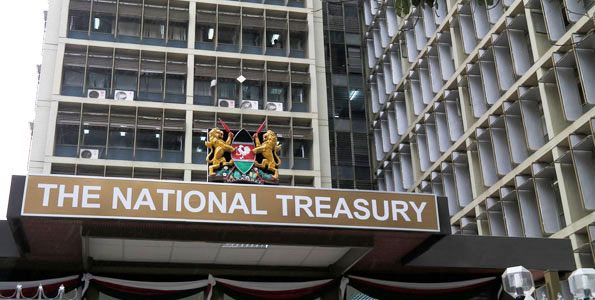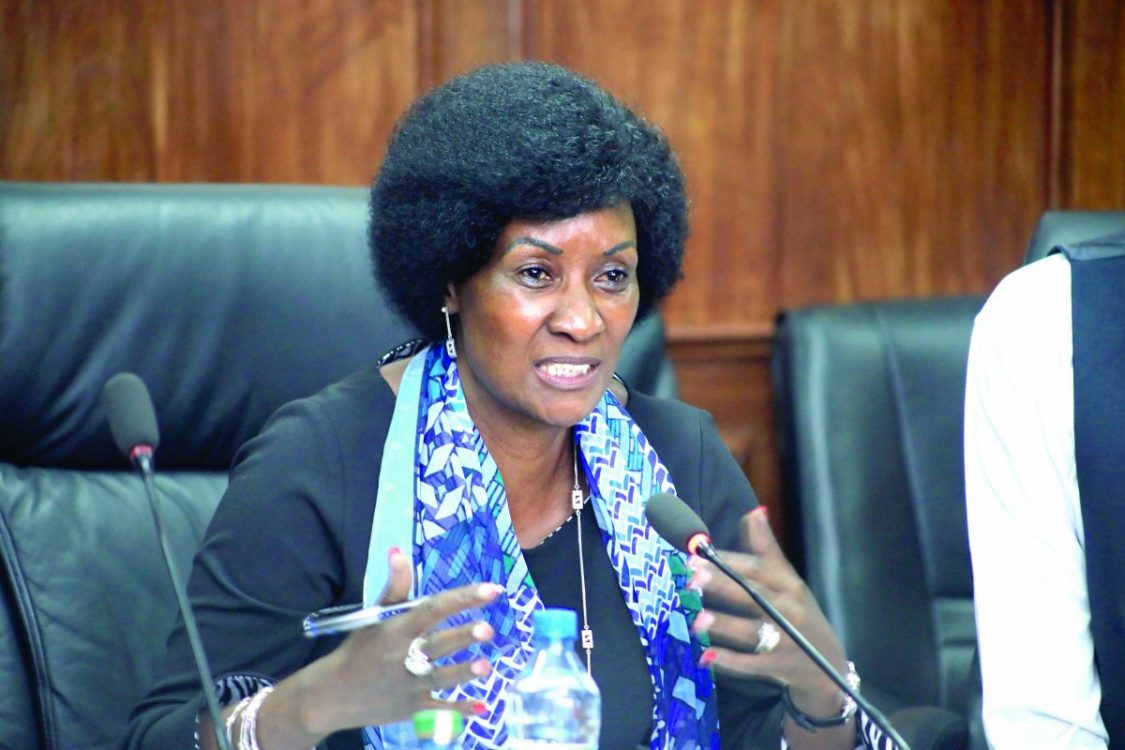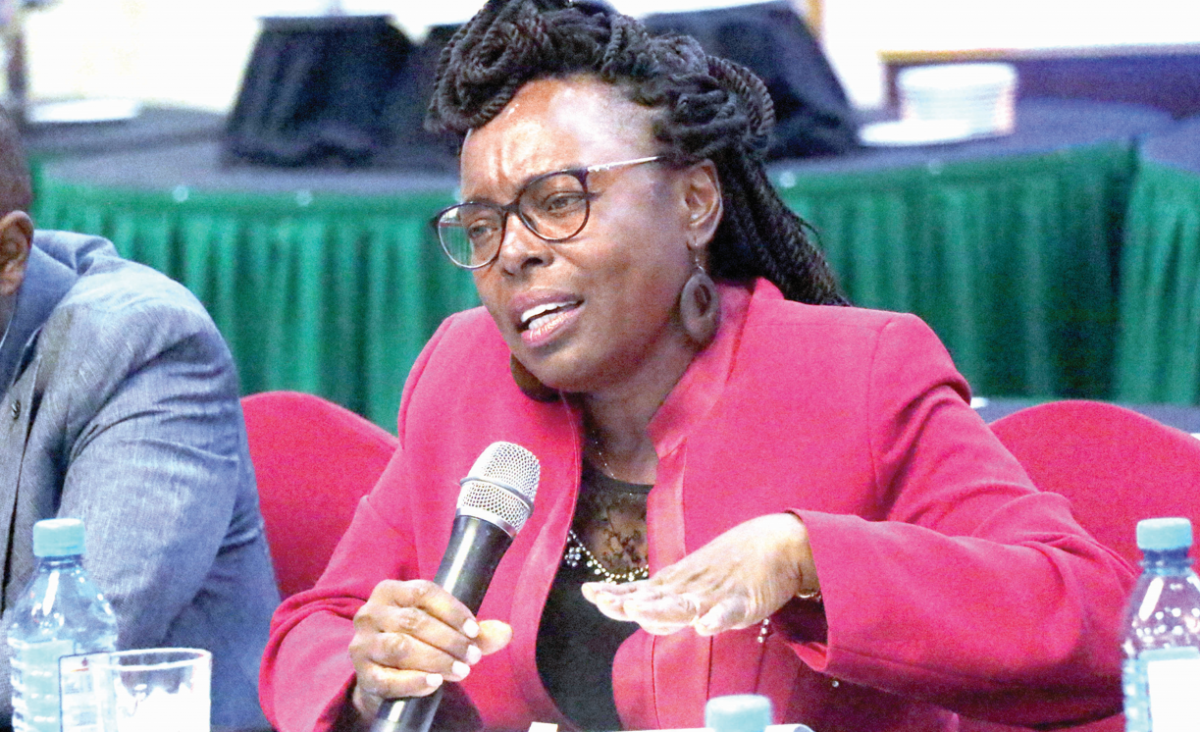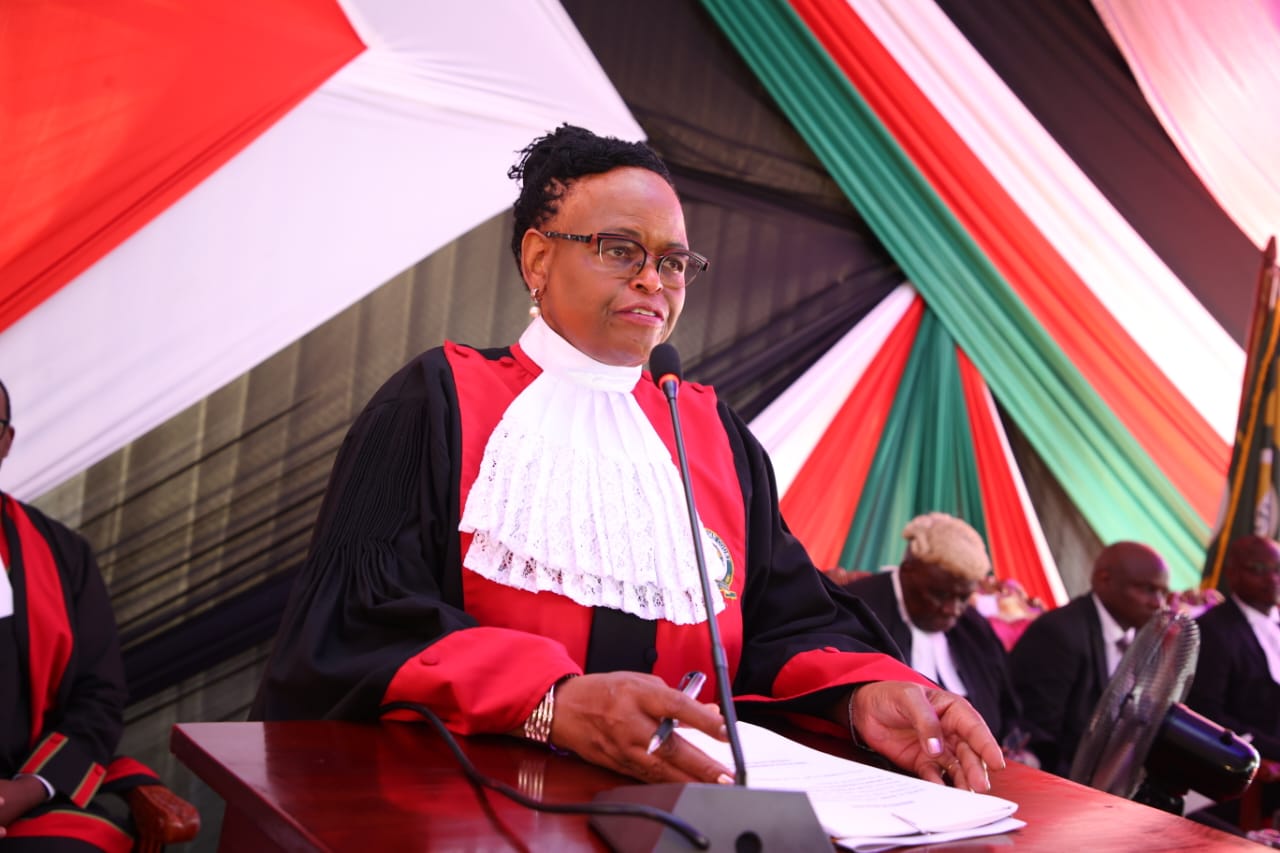Education sector top target as Treasury proposes six new taxes

President William Ruto’s administration will go after schools and insurers after the National Treasury proposes introducing at least six new taxes next year to shore up revenue collection on the back of debt repayment pressures.
The new take signals more pinch to households and confusion to businesses even as the private sector’s push for implementation of a national tax policy gets shelved for the time being.
Should Treasury’s proposal go through, education services will be subjected to Value-Added-Tax (VAT), currently charged at 16 per cent on most products and services.
It will see schools offering services that are not directly related to education pay the VAT, meaning things like swimming pool lessons, taekwondo, chess, and skating, among others, will become vatable.
This will be at a time when the country is intensifying the transition to the new competency-based curriculum (CBC) education, where such additional lessons are commonly offered at an extra fee.
“Education services in Kenya are exempt from VAT to make education accessible to all learners. However, the benefit of the exemption is not uniform across all learners due to differences in fees and services provided,” National Treasury says in the draft medium-term revenue strategy while calling for public input.
“To remove this discrimination, there is a need to impose VAT on the additional benefits. In this respect, the government will explore the introduction of VAT on services provided by schools but not directly related to education,” adds the draft strategy.
This expansion will also nab insurance services, which are all VAT exempt currently. To address climate change, Kenya has further proposed a domestic carbon tax on fossil fuels to promote the transition to clean energy and foster the ‘polluter pays’ principle. The carbon tax will be charged on vehicles and other equipment using fossil fuel, aligning with the Nairobi declaration adopted following the end of last week’s climate summit, which proposed a similar tax at the global level.
Kenya will join countries like India, Indonesia, South Africa, and Vietnam, which already have Carbon taxes and are exploring carbon market regulations. Coal, a fossil fuel, will additionally face new excise duty amid an intense fight against climate change. “Emissions from usage of coal contribute to negative externality associated with local air pollution and global warming. The government will, therefore, introduce excise duty on coal,” says the National treasury.
During the climate summit, tough-talking Ruto told world leaders, investors, and multilateral lenders that Africa should “lead the world in a new direction” towards addressing climate vagaries and building green financing. A motor vehicle circulation tax, payable annually by motor vehicle owners at the point of acquiring an insurance cover, is also being assessed by the government. The amount charged will be on a graduated scale depending on the make and engine capacity of the vehicle.
Besides, should Kenya Revenue Authority (KRA) miss collection targets, now put at about Sh2.6 trillion, the government will introduce a surcharge tax, an additional tax levied on an existing tax rate, to dress any shortfall. It implies a surcharge of 5 percent can be levied on, for instance, an existing 30 percent corporate tax rate, pushing up the total tax payable to 31.5 percent.
Mobilising enough tax revenue through new taxes and expanding tax base is one of Ruto’s main targets to shore up revenue to fund the budget amid the high cost of debt repayment. His administration is under pressure to increase revenue collection to match the country’s economic potential.
The International Monterey Fund (IMF), a key policy shaper in Kenya, estimates the country’s tax-to- gross domestic product (GDP) ratio to be 25 per cent. The current collection is about 14 per cent of the GDP.
The exchequer is targeting revenue equivalent to 15.8 per cent of the GDP.












